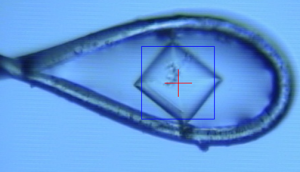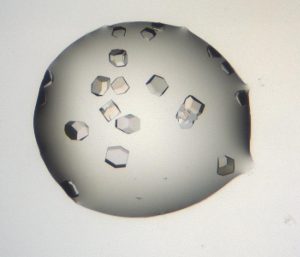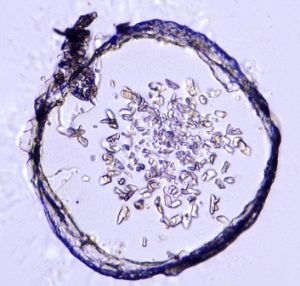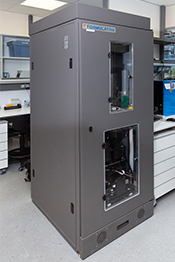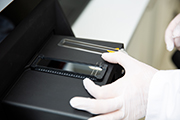EMBL Hamburg has established a fully automated platform for the high-throughput crystallization of biological macromolecules in order to address a common bottleneck in x-ray crystallography. The HTP platform offers a wide range of crystallization screening conditions and flexible methods have been developed to adapt each step to individual project requirements. The services are available to the general user community.
Access the SPC crystallisation platform (CRIMS) here.
The SPC facility crystallization devices include:
- Mosquito-LCP equiped with active humidity chamber (TTPlabtech)
- RockImager-1000 (Formulatrix, 19°C) and RockImager182 (Formulatrix, 4°C)
- Scorpion screen builder (ArtRobbins Instrument)
- Liquidator96 (Mettler Toledo)
- Automated plate sealer (JB Bioanalytik)
